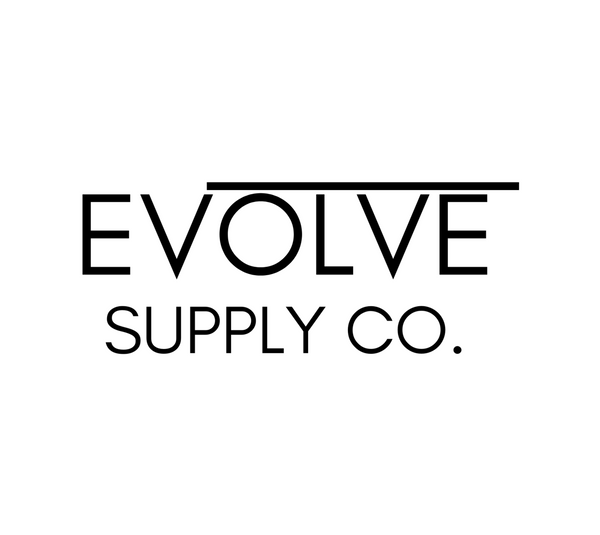
Setting Boundaries Isn’t Mean—It’s Self-Respect
Share
Let me be real with you—setting boundaries used to make me feel like a bad person.
I hated the thought of disappointing people. I felt guilty for saying no. I worried people would think I was cold or selfish for finally putting myself first. But here's the truth I've come to learn the hard way: setting boundaries isn't mean, it's a form of self-respect.
When you've spent most of your life people-pleasing, over-explaining, or trying to earn love by giving more than you have, boundaries can feel like betrayal. But they're not. They're the bridge between surviving and actually living. They're how we protect our peace, energy, and emotional wellbeing.
So let me break it down for you. Whether you're just starting to practice boundaries or you're working on strengthening them, here are some things I wish I knew earlier.
Why Boundaries Matter
Boundaries are how we teach people to treat us. They define what we will and won’t accept, and they remind us (and others) that our needs matter too.
Without them, we burn out. We resent people. We feel drained, anxious, and overwhelmed. Sound familiar? That’s because living without boundaries often feels like living without skin.
When you start setting boundaries, your relationships might shift. Some people will respect you more. Others may push back. But the ones who truly care about you? They’ll adjust. And the ones who don't? Maybe they were only comfortable with the version of you who didn't stand up for yourself.
Tips for Setting (and Keeping) Boundaries
1. Start small.
You don’t have to overhaul your life overnight. Begin with something manageable—say no to a plan that drains you. Don’t answer texts after a certain time. Protect your energy where it feels easiest first.
2. Be clear and direct.
You don't need to over-explain or justify your boundaries. A simple, "I'm not available for that" or "That doesn't work for me" is enough. Your peace doesn’t need a paragraph.
3. Prepare for discomfort.
You're going to feel guilty. You're going to question yourself. That doesn’t mean you’re doing something wrong. It means you're unlearning patterns that taught you your worth was tied to being available to everyone else.
4. Stay consistent.
The more consistent you are, the more clearly people will understand and respect your boundaries. Mixed signals only lead to confusion and frustration.
5. Protect your peace over pleasing people.
This is your life. You don't owe anyone access to your energy, especially if it costs you your sanity. It’s not your job to manage other people’s feelings—it's your job to take care of yourself.
Boundaries Aren’t Walls—They’re Doors
This is something I remind myself often. Boundaries aren’t about shutting everyone out. They’re about choosing what you allow in. They create space for healthy, respectful, mutual relationships. And honestly? When you start setting them, you begin to build a life that feels a hell of a lot more peaceful.
You are allowed to outgrow people, places, and patterns that no longer serve you. You are allowed to say no without explanation. You are allowed to prioritize your mental health.
And you don’t have to feel bad about it.
At Evolve Supply Co., we believe in evolving into your most authentic, grounded self. That means taking up space. That means setting boundaries. And that means wearing your truth—literally and figuratively.
20% of every purchase helps fund mental health initiatives because we believe healing should never happen alone.
Protect your peace. Honor your growth. And remember: setting boundaries isn't mean. It's necessary.



